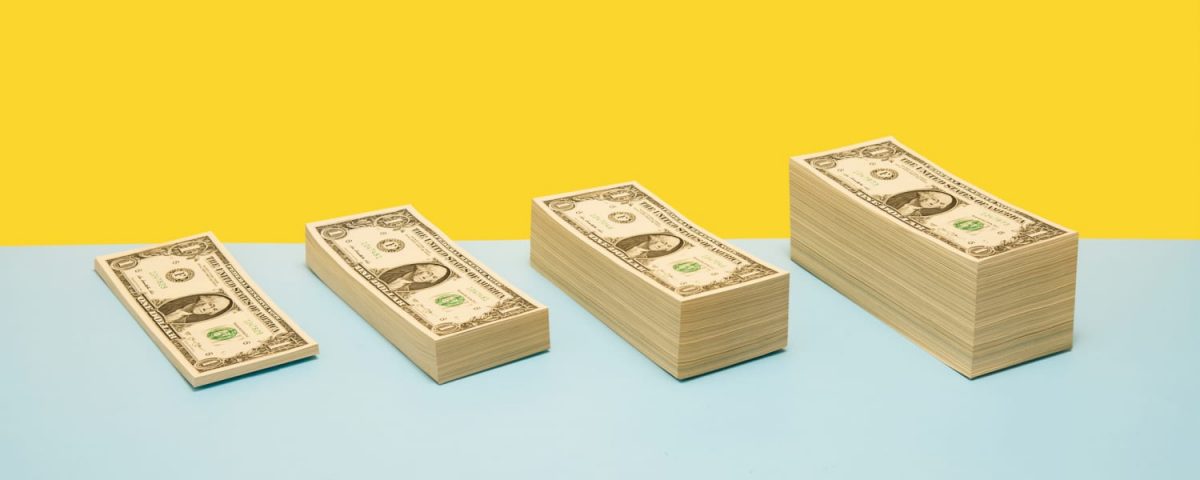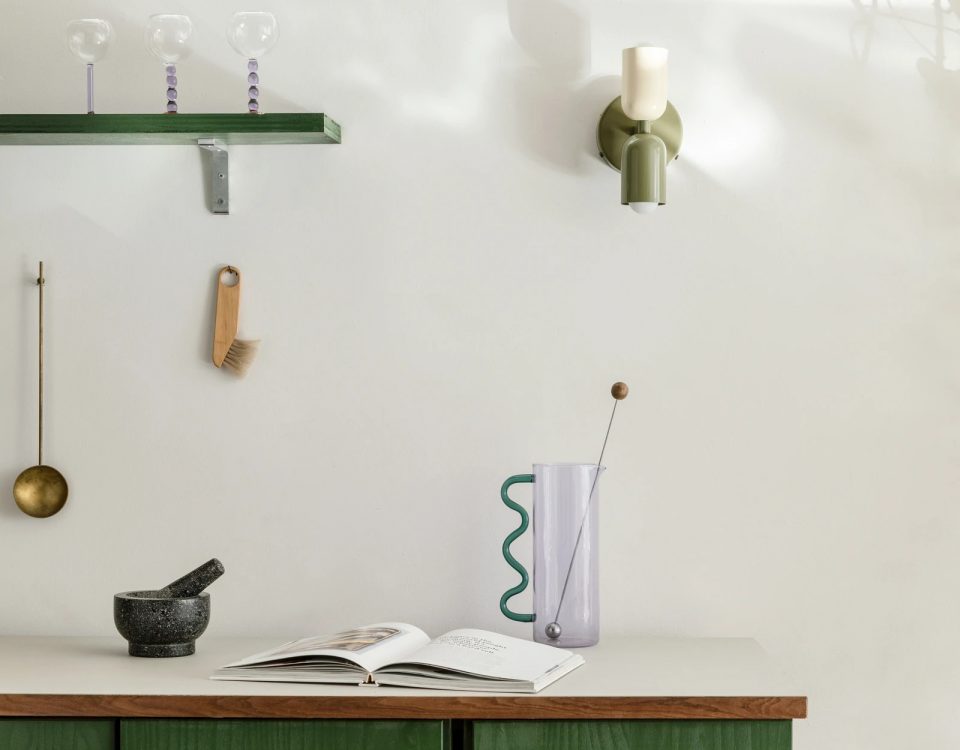- Privacy On Demand
- 020 8150 0080
- 0845 3886618
- info@priviglaze.com

The Academy Award for Best Production Design Goes To Dune
28 March 2022
Screened-In Porch Turned into Three-Season Vacation Home
28 March 20229 Money Lessons From Switching to a Lower-Paying Job

[ad_1]
published about 1 hour ago
A number of years ago, I left a career as an oral and maxillofacial surgeon to pursue writing. I had sought out the medical field because as the first-born child of an immigrant family, I had to meet the expectation of higher education and a well-paying job. Yet, after a few years, I found myself in tears whenever I’d leave work. I thought that maybe I just needed a vacation. So, I chose a wellness resort that gave me some time to reflect.
One day, I was walking around the property’s labyrinth when I asked myself, “What do you want?” I tried to ignore the question, but it came up again. I eventually realized that I didn’t want to be an oral surgeon anymore — I wanted to write and tell stories. But a change that big was terrifying. When I got back home, the only step I took was to cut back on expenses and save more money in preparation for a potential career change. But my body began to revolt, imposing severe gastritis attacks that sent me to the emergency room. After a few of those, I decided it really was time to give my notice. While my salary was instrumental in helping me build my savings and feel somewhat safe with the transition, I still learned a lot from switching to a lower-paying career.
The shift dictated a change in lifestyle and taught me several lessons along the way, some of which required looking in the mirror. I didn’t always like what I saw, but I loved what I learned. Here are nine nuggets I picked up.
How little I could relate to others.
As a surgeon, I could go anywhere and buy anything I wanted. Posh gym and a personal trainer, check. Overseas trips, check. I remember recommending those activities to others or talking about my travels to people as if everyone had the same salary. It took leaving the field to develop an understanding of and compassion for people with different income levels.
How many unnecessary purchases I made.
On my days off, I made a habit of visiting my favorite shops and purchasing clothes, shoes, jewelry, and body products. Even a year after I stopped randomly shopping, I would find clothes with tags still attached in my closet. It was a waste of money and a disservice to Mother Earth, considering the damage the fashion industry does to the environment. I realized these extra purchases were a way to handle negative feelings, the sadness of my divorce, the stress of my work, and maybe a sense of loneliness.
I don’t need much to live a happy life.
Once I changed my spending habits and began focusing on needs rather than wants, I noticed how little I had to own in order to live happily. My 500-square-foot studio became my sanctuary. I continued my favorite activities of writing, drawing, and baking. A small living space required less time and effort to maintain. Being mindful of space meant choosing fewer, but good-quality items.
It’s important to live within my means.
We live in a consumerist society that constantly pressures and manipulates everyone to want and buy things we don’t necessarily need. I learned that I may need a car, but I don’t need a BMW. I need a place to live, but it doesn’t have to be a financial burden. I’m mindful of what I can afford. And if friends judge me negatively for doing so, I reevaluate those friendships.
Enjoying life doesn’t cost a lot.
For me, there is a way to live on a budget and still enjoy life. I take advantage of the museums’ discount or free days. Instead of buying books, I visit the local library, which also offers passes to cultural events (museums, the ballet, etc.) I buy in-season produce — it tastes better and costs less — and I check out free community classes at my local yoga studio.
Experience trumps stuff every time.
No matter how much I love an object, its novelty usually wears off in a day, a week, or a month. What stays with me forever is the memory of a trip, a lovely meal, or a skill I learned in a class.
When I’m down, I remember what I have achieved so far. Drawing upon my successes lets me know I can handle whatever comes next. Recognizing my accomplishments gives me the courage and strength to move forward.
Gratitude brings abundance.
There’s a saying that goes: “When you love what you have, you have everything you need.” I can’t agree more. There’s levity and joy in appreciating what I have and realizing that it’s enough. When I do, I feel abundant.
My choice, my consequence.
Having clarity in my decisions and autonomy makes me feel more confident. Once I chose the career path that was best for my life, I was willing to accept the consequences, even if they were slightly uncomfortable. I pulled myself up by my bootstraps and built anew.
[ad_2]
Source link

